
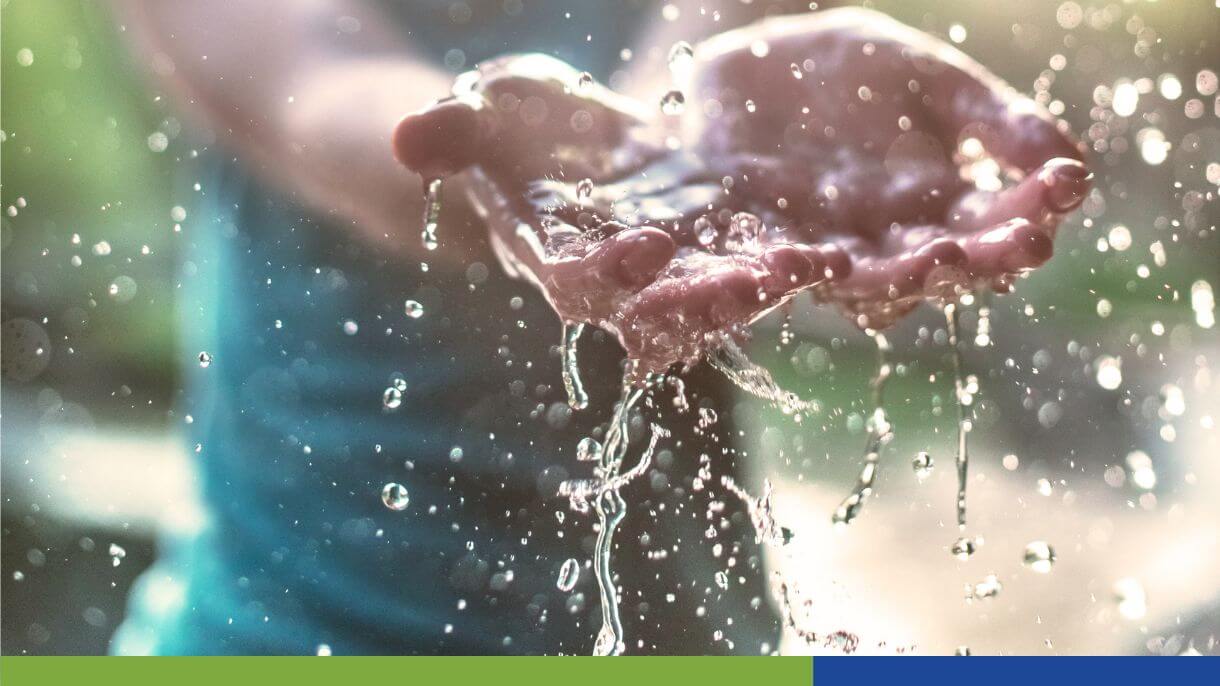
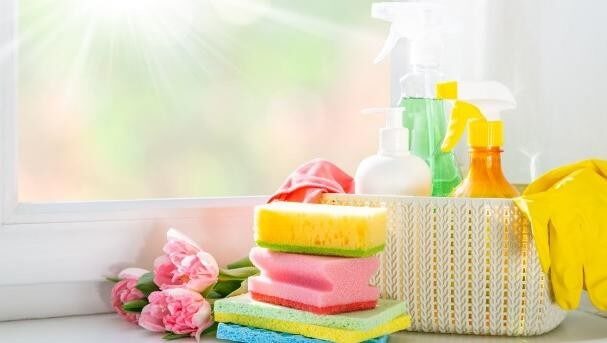
1. Use environmentally friendly cleaning products.
Many household cleaning products contain harsh chemicals that can harm the environment. Consider using natural cleaning agents or choosing products that are labeled as eco-friendly.
2. Use natural fertilizers.
Chemical fertilizers can be harmful to our water sources. Consider using natural fertilizers such as compost or manure instead.
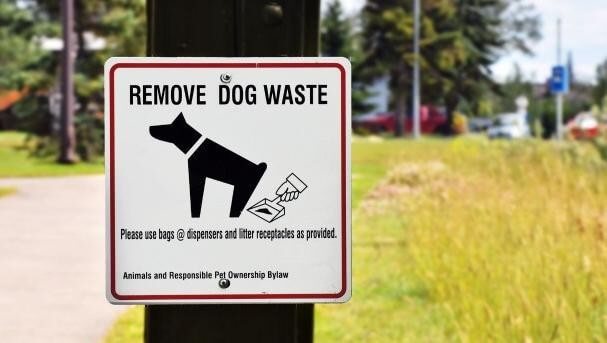
3. Pick up after your pup.
It’s important to pick up after your pet not only for the benefit of your neighbors, but also to prevent harmful bacteria from entering storm drains and water supplies. The most environmentally friendly way to dispose of pet waste is by using a recycled-plastic bag and disposing of it in the trash, but be sure to check your local laws and regulations.
4. Dispose of hazardous waste properly.
Hazardous materials such as paint, batteries, and electronics should not simply be tossed into the trash. These items need to be brought to a hazardous waste facility to ensure they get disposed of properly, preventing the substances from leaking into the earth and contaminating water sources.
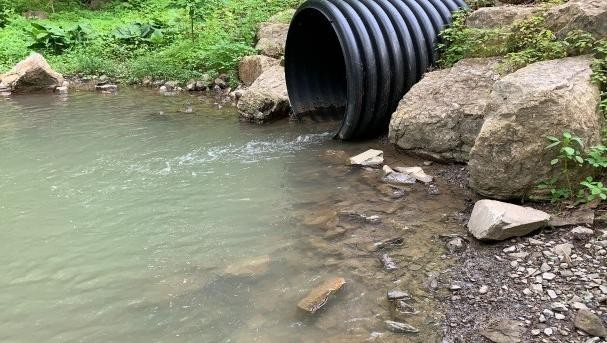
5. Be mindful of what you pour down the drain.
Many household items such as chemicals, medications, and engine oils can be harmful to our water sources. Make sure to dispose of these items properly and avoid pouring them down the drain so they don’t end up in our waterways.
6. Don’t litter.
Littering is a major source of pollution in our waterways. Make sure to dispose of your trash appropriately and encourage others to do the same.
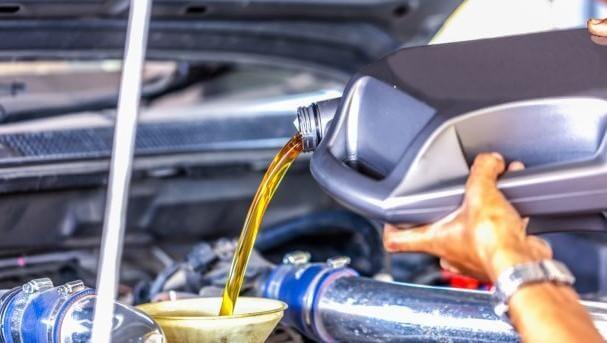
7. Keep your vehicle maintained.
Regular maintenance of your car, truck, or any other mechanical device is important to prevent oil and other fluids from leaking into nearby water systems or running into rivers and streams. By keeping up with routine maintenance and repairs not only will your vehicle be in good condition, but you will be helping to keep our environment healthy.
8. Support water conservation efforts.
Support efforts to conserve water in your community and globally. This can include supporting water conservation policies and initiatives, as well as donating to organizations that work to protect our water sources.
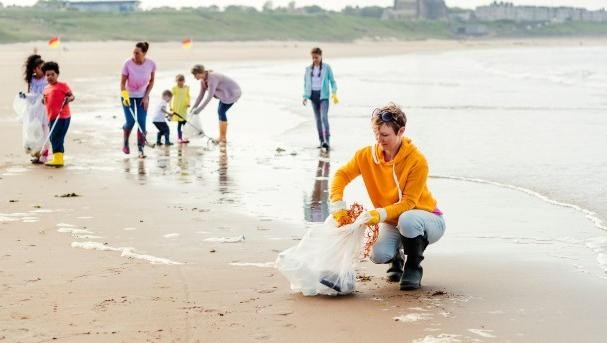
9. Participate in a clean-up drive.
Join local clean-up events to help prevent garbage from entering our waterways. Pick up trash along the banks of rivers and lakes and nearby bodies of water. If you’re a parent, propose or arrange a clean-up day for your school or church to work together as a team to learn and contribute to the cause.
10. Spread the word.
Encourage others to join you in your efforts to keep our water clean. Share these tips with your friends, family, and community to help raise awareness and create a culture of water conservation.
Keeping our water sources clean is essential for our health and the health of our planet. By taking these simple steps, we can all play a role in protecting our water and ensuring that it remains a valuable resource for generations to come.